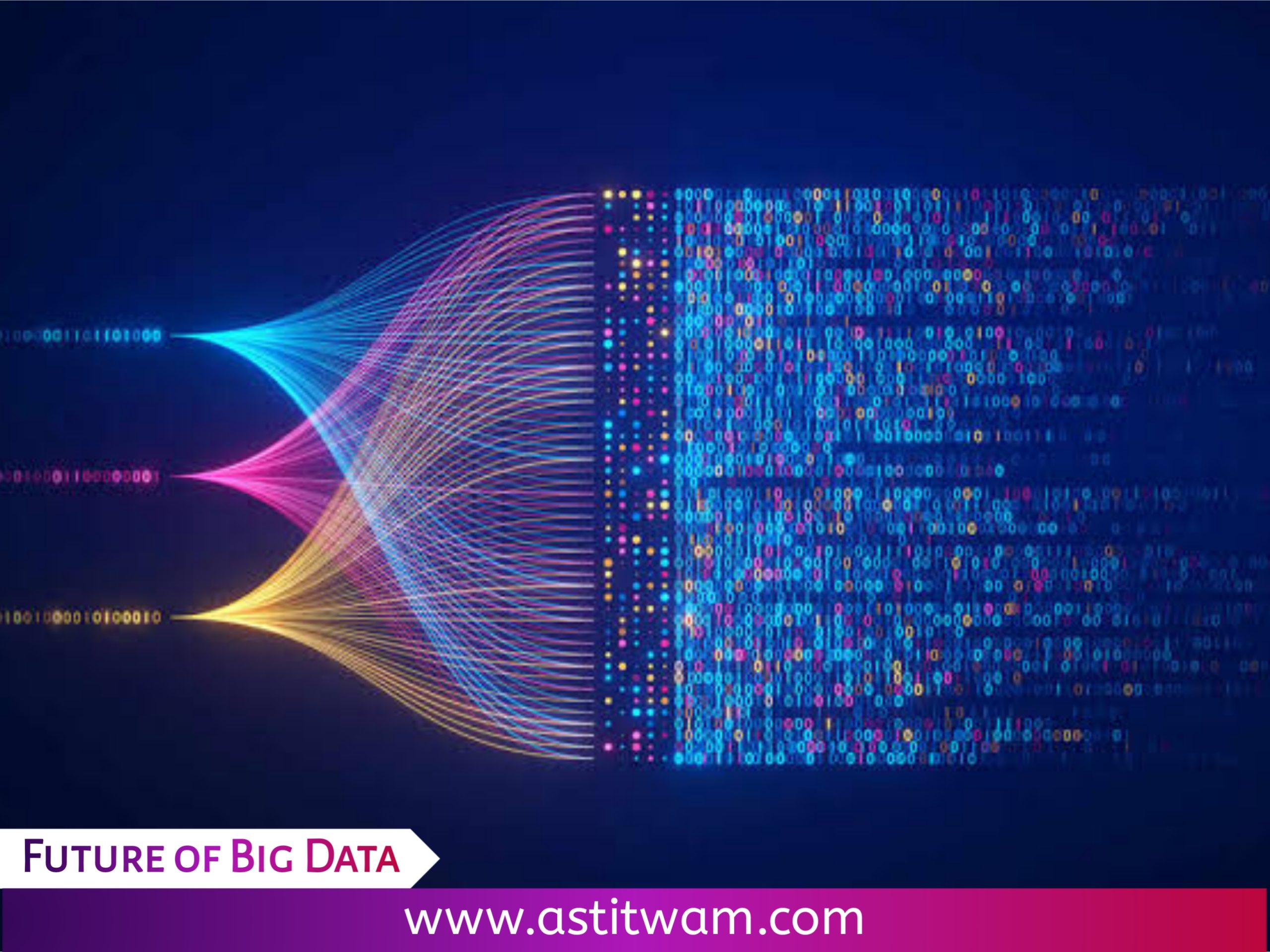Crunching Numbers and Changing the Game: The Future of Big Data in Tech

Table of Contents
In a world awash with data, the landscape of technology is rapidly evolving to harness its full potential. The fusion of Big Data and technological advancements is not only revolutionizing the way we operate but is also laying the foundation for the future of innovation. In this article, we’ll dive into the depths of Big Data’s influence on technology, exploring its origins, impact, and the game-changing possibilities it holds.
Defining Big Data and Its Scope
At its core, Big Data refers to the massive volume of information generated through various digital channels. It encompasses structured and unstructured data, and its sheer volume requires specialized techniques for analysis. This data-driven approach aims to uncover patterns, correlations, and insights that were previously hidden amidst the noise.
The Role of Data Analysis in Technology
Data analysis has always been central to technology’s evolution. From the early days of tabulating machines to today’s sophisticated algorithms, the ability to extract meaning from data has driven innovation. With the advent of Big Data, this role has become even more pronounced as organizations seek to derive actionable insights from vast datasets.
The Evolution of Big Data in the Tech Landscape
Early Data Handling Methods
In the past, data analysis was a laborious and time-consuming task. Manual methods and rudimentary tools were employed to process information, limiting the scale and scope of insights that could be obtained. However, these early efforts paved the way for the development of more advanced techniques.
The emergence of Modern Big Data Techniques
The digital age ushered in the era of modern Big Data techniques. With the rise of powerful computers and sophisticated software, organizations gained the ability to process and analyze massive datasets at unprecedented speeds. This marked the beginning of a paradigm shift in how technology and data intersect.
Tech Innovations Shaping the Future of Big Data

Artificial Intelligence and Machine Learning
Artificial Intelligence (AI) and Machine Learning (ML) have emerged as catalysts for Big Data’s evolution. These technologies enable machines to learn from data and make intelligent decisions. In the context of Big Data, AI and ML algorithms can sift through vast datasets, identifying trends and patterns that inform business strategies and decision-making.
Edge Computing and Real-time Analysis
Edge computing, where data processing occurs closer to the data source, has gained prominence due to the need for real-time analysis. With the proliferation of Internet of Things (IoT) devices, edge computing ensures that insights are derived instantaneously, allowing for timely actions and interventions.
Blockchain and Data Security
As data becomes more valuable, the issue of security gains prominence. Blockchain, known for its cryptographic security features, has the potential to revolutionize data management. By ensuring tamper-proof records and decentralized control, it addresses security concerns and fosters trust in data exchange.
Applications and Industries Benefitting from Big Data
E-commerce and Personalized Marketing
E-commerce platforms leverage Big Data to understand customer behavior and preferences. By analyzing purchase history, browsing patterns, and demographic information, businesses can tailor marketing campaigns to individual preferences, enhancing customer engagement and boosting sales.
Healthcare and Predictive Diagnostics
In healthcare, Big Data’s impact is transformative. By aggregating patient data and medical research, AI-driven algorithms can predict disease outbreaks, recommend personalized treatments, and streamline patient care, ultimately saving lives and improving outcomes.
Financial Services and Fraud Detection
The financial sector benefits from Big Data’s ability to detect anomalies and patterns. AI-powered algorithms can identify fraudulent activities by analyzing transaction data in real-time, safeguarding financial systems and customer interests.
Challenges and Considerations in Big Data Implementation
Data Privacy and Ethical Concerns
As data collection becomes pervasive, concerns about privacy and ethics arise. Striking a balance between data utilization and individual privacy rights is crucial. Regulations like GDPR and CCPA are established to safeguard user data and ensure responsible data practices.
Scalability and Infrastructure Demands
Implementing Big Data solutions comes with scalability challenges. Organizations need to invest in robust infrastructure, including hardware, software, and skilled personnel. Scaling up to handle ever-increasing data volumes is a strategic consideration.
The Future: A Data-Driven Tech Ecosystem
The future holds a data-driven tech ecosystem where innovation thrives on insights. The synergy between Big Data, AI, and emerging technologies like quantum computing promises groundbreaking discoveries and solutions. As organizations continue to embrace data analytics, we can anticipate smarter cities, personalized experiences, and unprecedented connectivity.
Conclusion: Embracing the Big Data Revolution
The union of Big Data and technology is reshaping industries and redefining possibilities. As we navigate this landscape, it’s imperative to harness data responsibly, respecting privacy and ethics. By embracing the Big Data revolution, we propel ourselves into an era where information fuels innovation and transforms the way we live, work, and interact.
FAQs
Q: Can AI replace human data analysts? A: While AI enhances data analysis, human expertise remains essential for interpreting context and making nuanced decisions.
Q: What industries are adopting Big Data most rapidly? A: Industries like finance, healthcare, and e-commerce are at the forefront of adopting Big Data to gain competitive advantages.
Q: How does edge computing enhance real-time analysis? A: Edge computing reduces latency by processing data closer to its source, enabling rapid insights for time-sensitive applications.
Q: What challenges does blockchain address in data management? A: Blockchain ensures data integrity, security, and transparency by creating an immutable ledger of transactions.
Q: How can organizations balance data utilization and privacy concerns? A: Organizations must adhere to data protection regulations, implement encryption techniques, and maintain transparent data policies.




